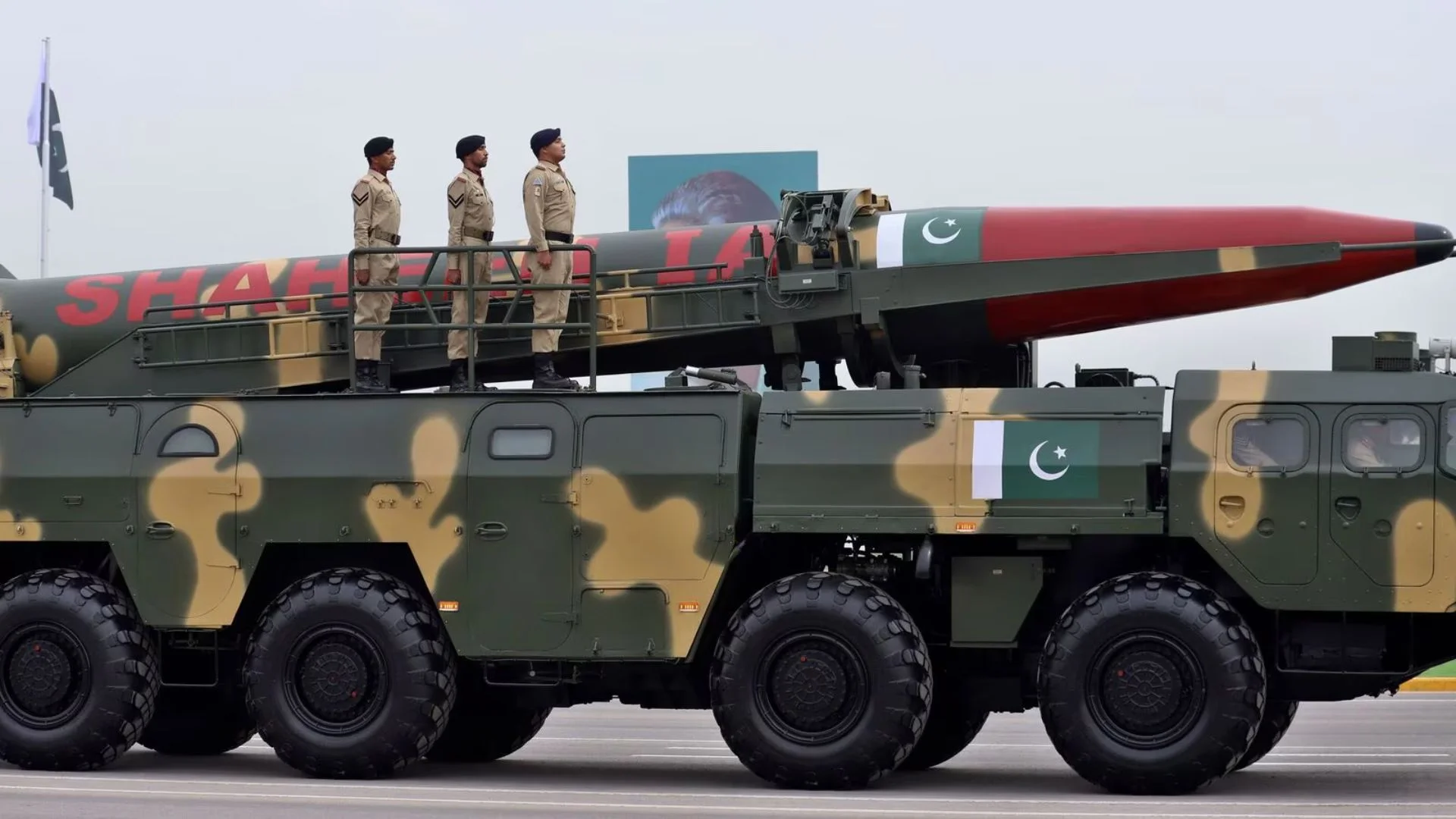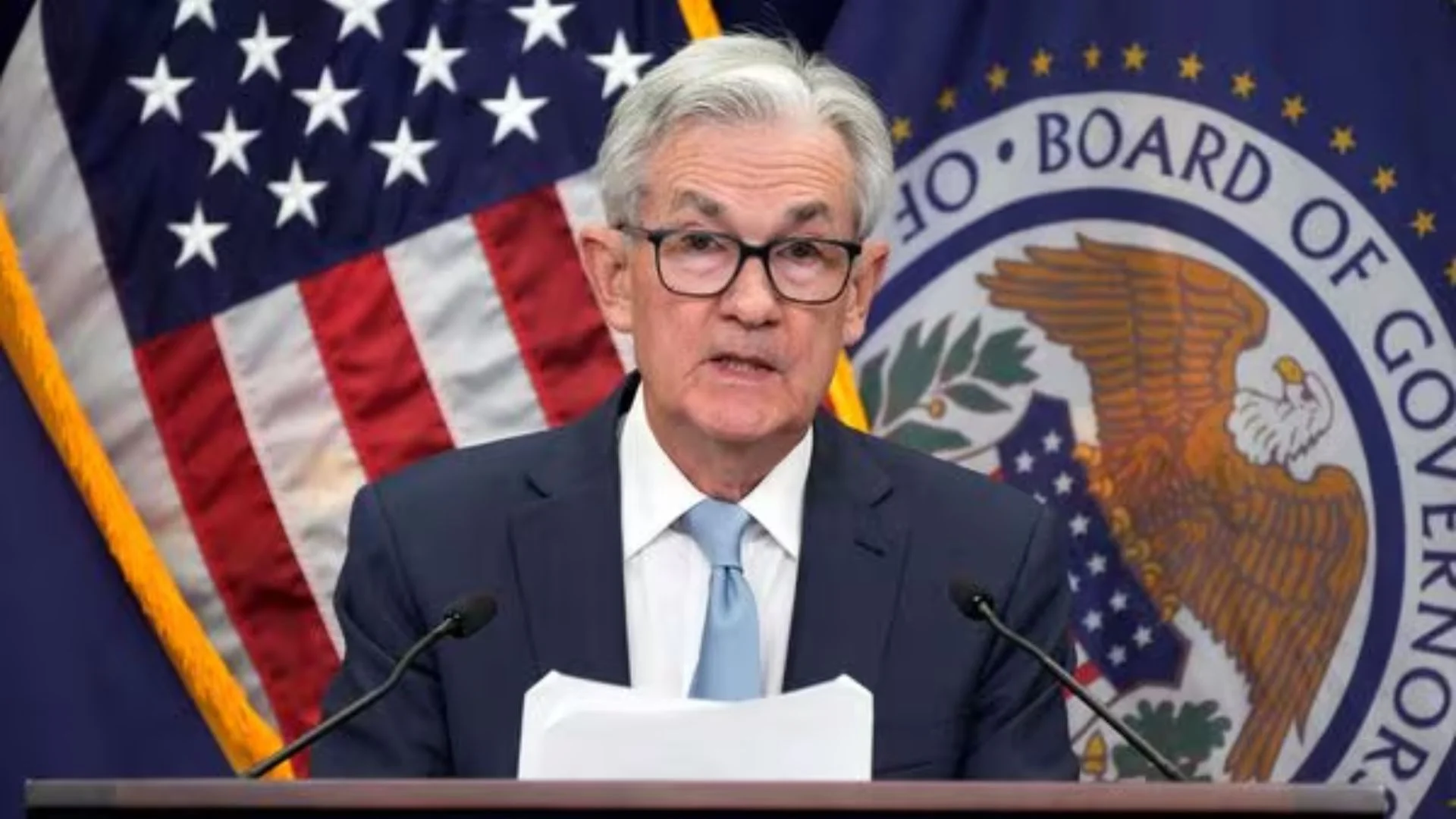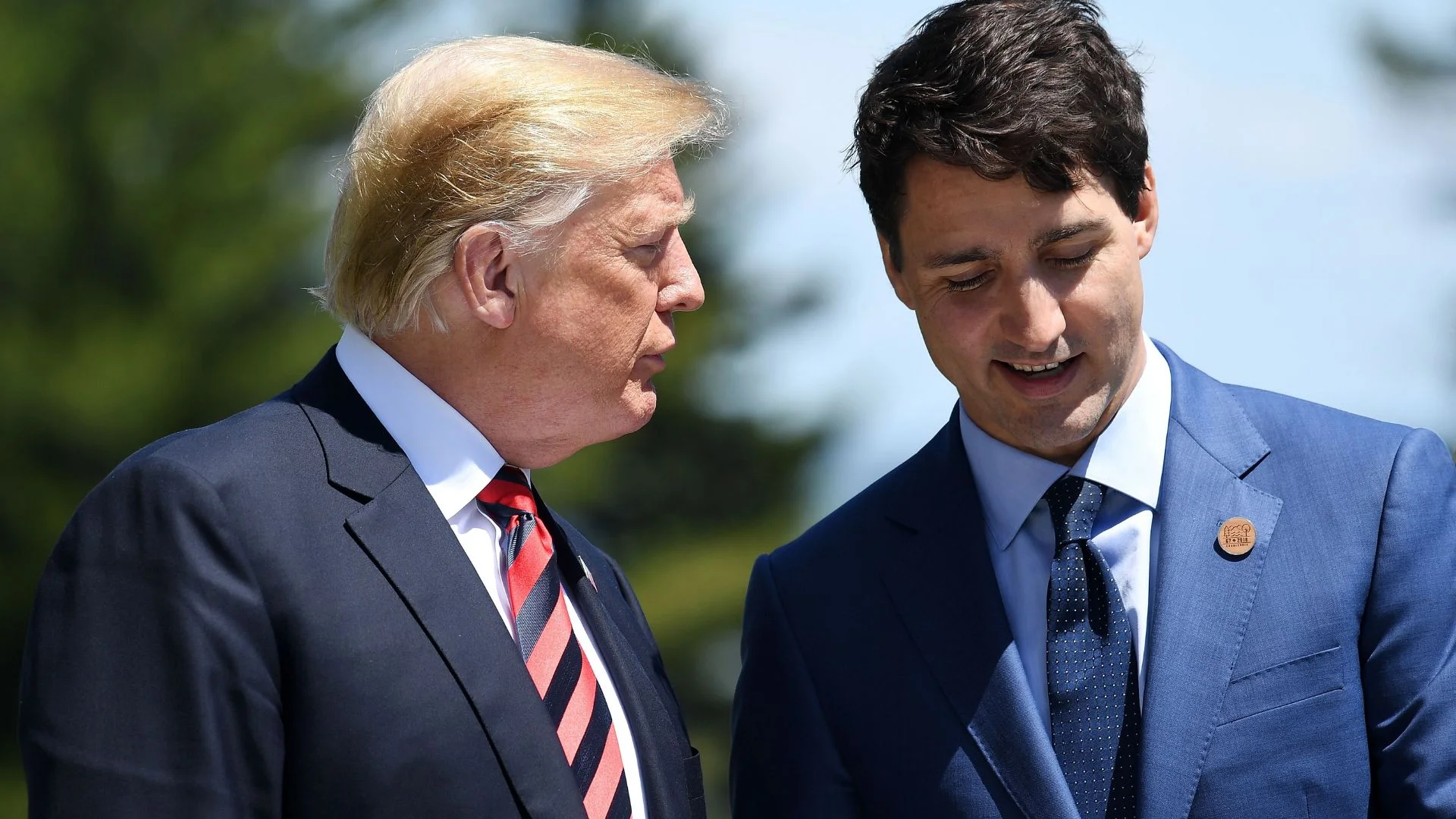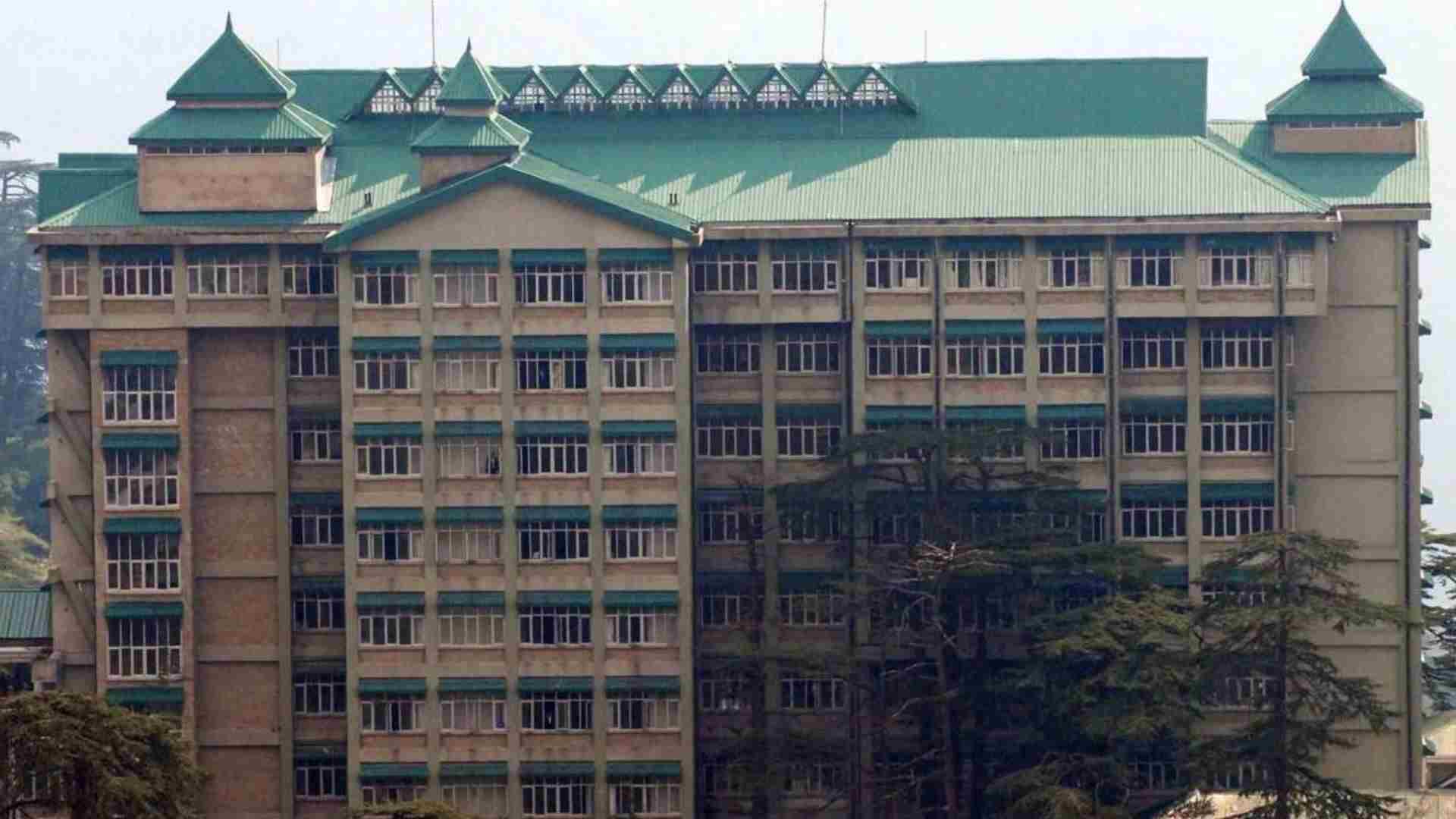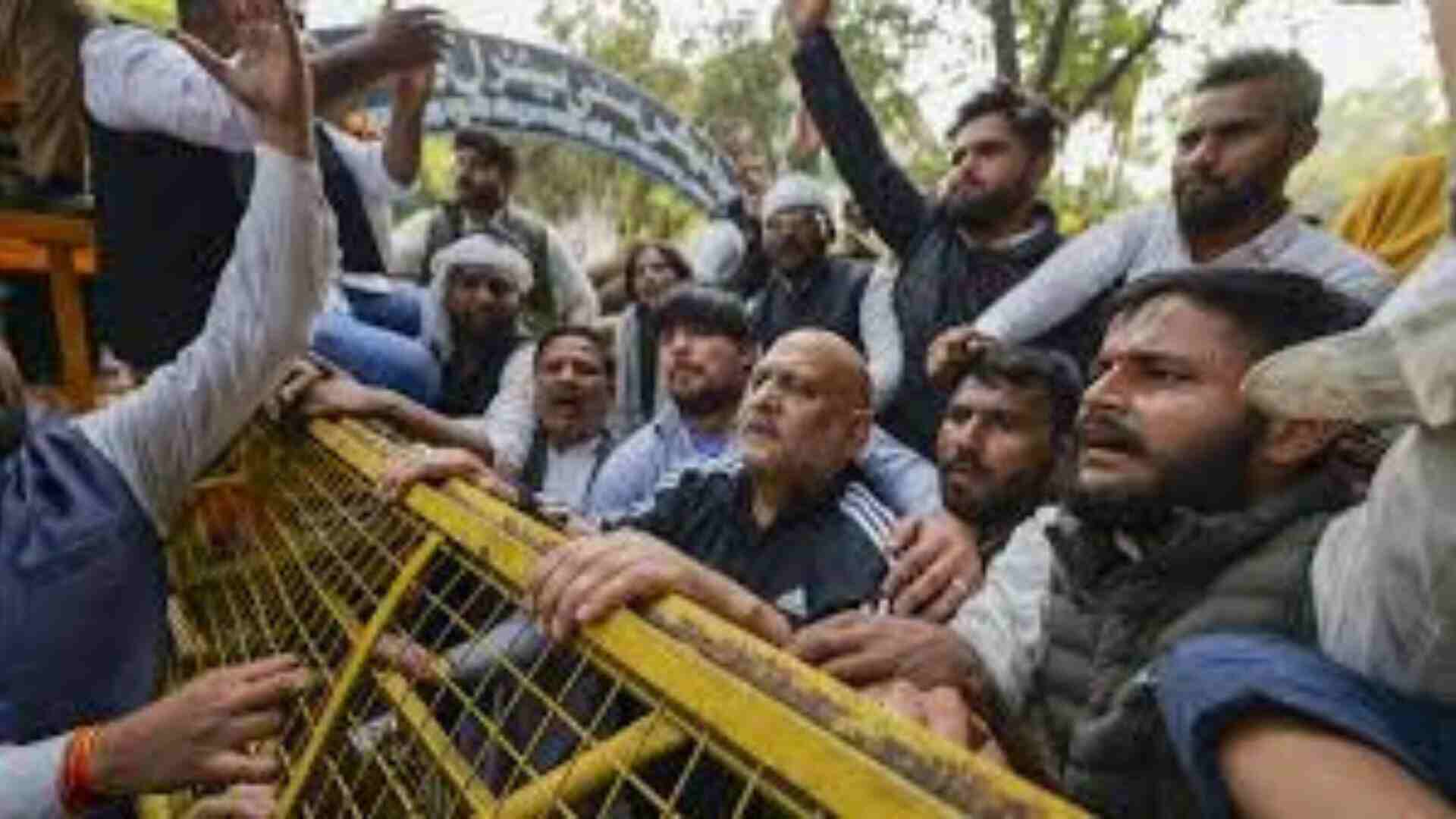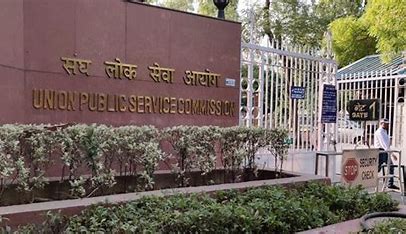
he government on Tuesday morning decided to withdraw its earlier order to recruit “talented and motivated Indian nationals” for 45 posts in the positions of joint secretary, director, and deputy secretary in 24 departments through lateral entry, a recruitment process which was to be conducted by the Union Public Service Commission.
The idea of lateral entry is regarded as one of the forward-looking policies aimed at reforming the bureaucracy and making it more accountable and answerable.
Ever since the UPSC issued the advertisement for these 45 posts on 17 August, Opposition leaders, including LoP Rahul Gandhi, and ally LJP, had criticised the move, saying it was against the backward communities.
The government’s decision became clear after Union Minister Jitender Singh wrote a letter to the UPSC to cancel the latest recruitment process as it did not have a provision for ‘reservation.’
Singh, in his letter to the UPSC Chairman Preeti Sudan, stated that the lateral entry system was endorsed by the Second Administrative Reforms Commission, which was constituted in 2005 and chaired by senior Congress leader Veerappa Moily. It highlighted how under previous governments, lateral entry was done, including in Unique Identification Authority of India (UIDAI). Singh had also written that after Modi came to power, he had made the process “constitutionally-driven, transparent, and open”.
After highlighting the positives and the reasons for bringing this process, Singh stated that UPSC should cancel the recruitment for the sake of ‘social justice.’ “I urge the UPSC to cancel the advertisement for lateral entry recruitment issued on August 17, 2024. This step would be a significant advance in the pursuit of social justice and empowerment,” the letter said.
Earlier, Union Minister Ashwini Vaishnaw had attacked the Opposition by stating that lateral entry in bureaucracy had been happening since the 1970s during Congress-led governments, with former Prime Minister Manmohan Singh and Montek Singh Ahluwalia being prominent examples of this.
Another ally, JDU, which has 12 Lok Sabha MPs, too has flayed the move. The criticism by Paswan and JDU can mostly be attributed to assembly elections in Bihar, which are slated for next year but, as per speculation, might be preponed. Both parties rely on voters from the backward community to justify their political significance.
The Telugu Desam Party, which has 16 MPs, had welcomed the lateral entry system. Andhra Pradesh minister and TDP National General Secretary Nara Lokesh had told the media that he was in support of the lateral entry system as “several of these (government) departments need expertise, and we are happy it (lateral entry) is being brought in.
“We have always been in favour of taking expertise from the private sector into the government. The government should learn from the private and vice versa. We support this move by the Central government as it will enhance the quality of governance and delivery of services to the common citizen,” he had told the media.
The BJP’s outreach to the backward community on the advice of a few leaders who come from specific backward community but whose supporters portray them as leaders of the entire backward community has, in recent times, hurt the party’s perception and votes in crucial states like Bihar and Uttar Pradesh, with its candidates failing to secure the votes and support of the forward community due to this ‘pandering’ to the views of the few select leaders of the backward community.
The news is also likely to ease the concerns among the all powerful bureaucratic lobby which was against this lateral entry system as it had the potential to challenge and shake their decades old hold over administration and governance in India.
